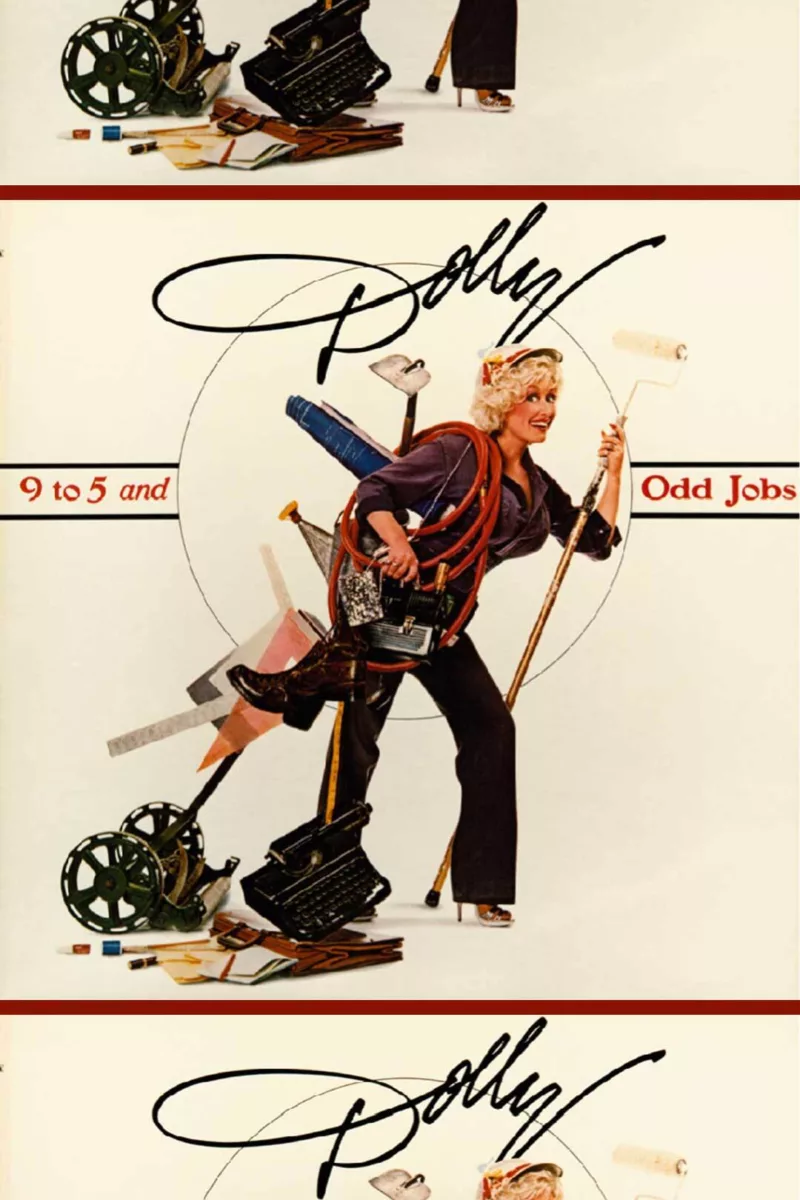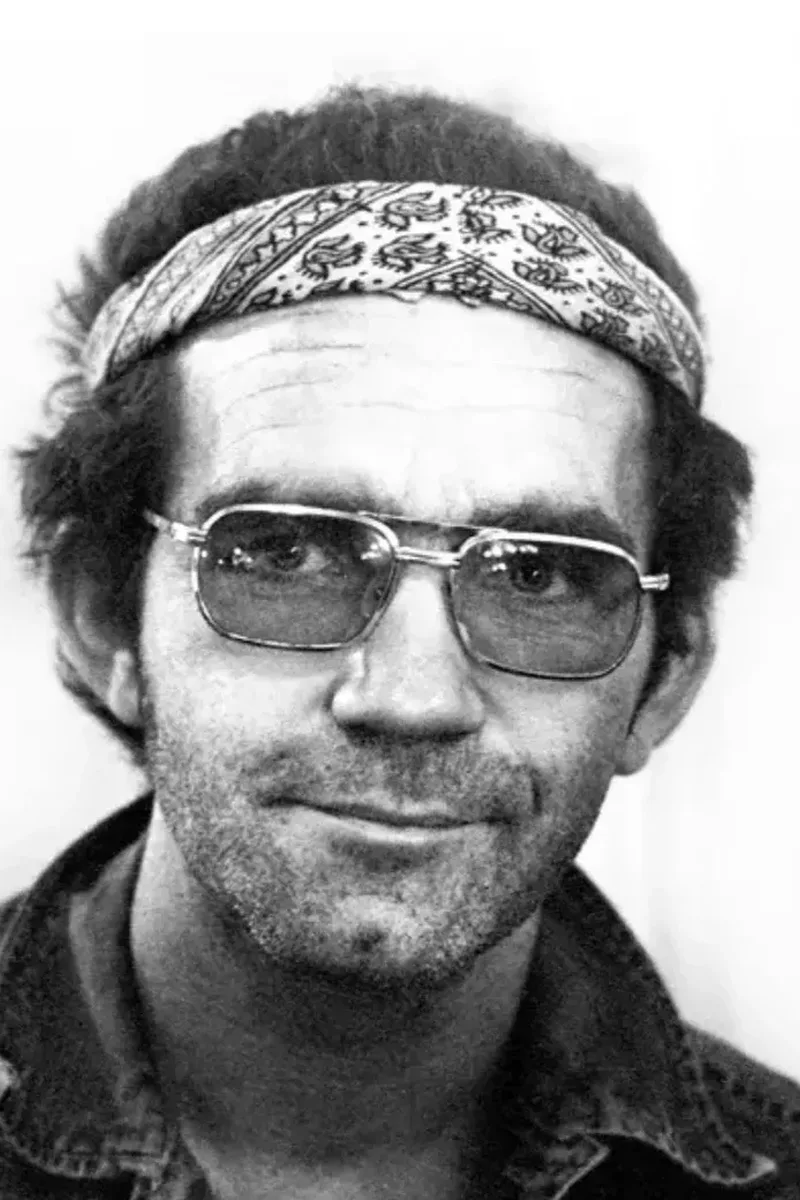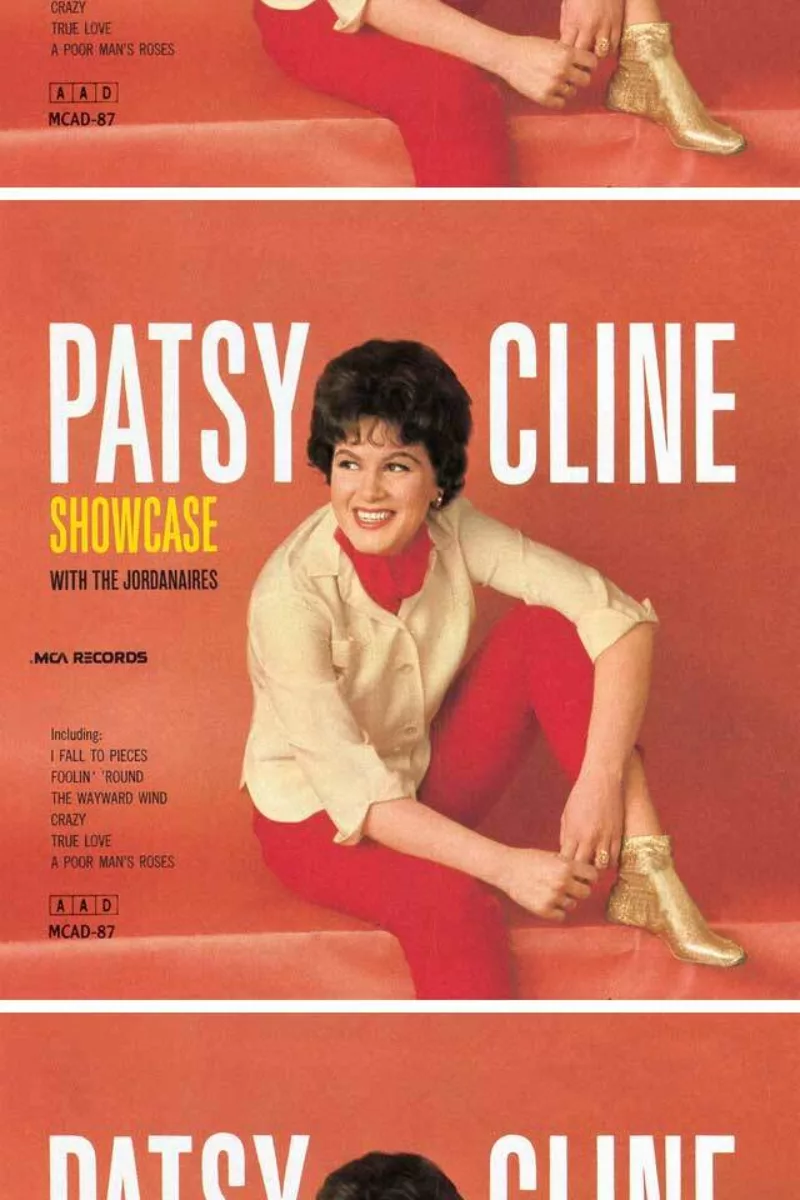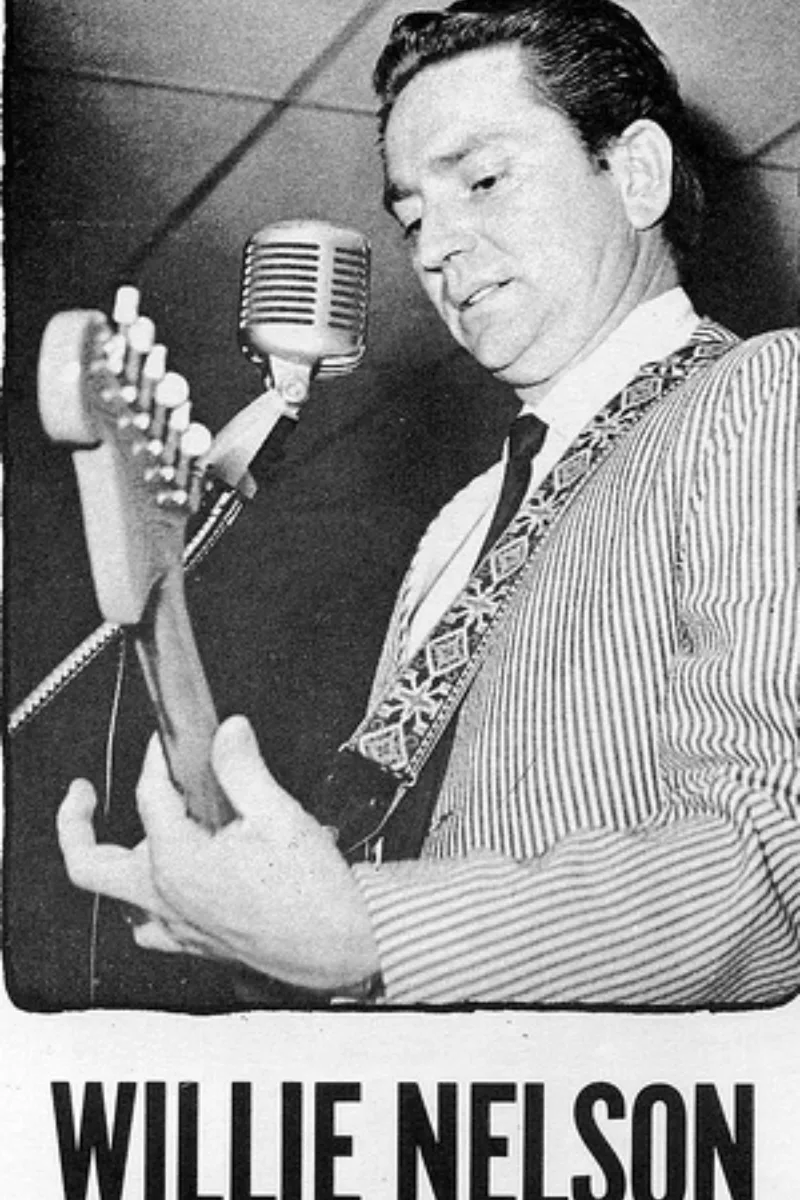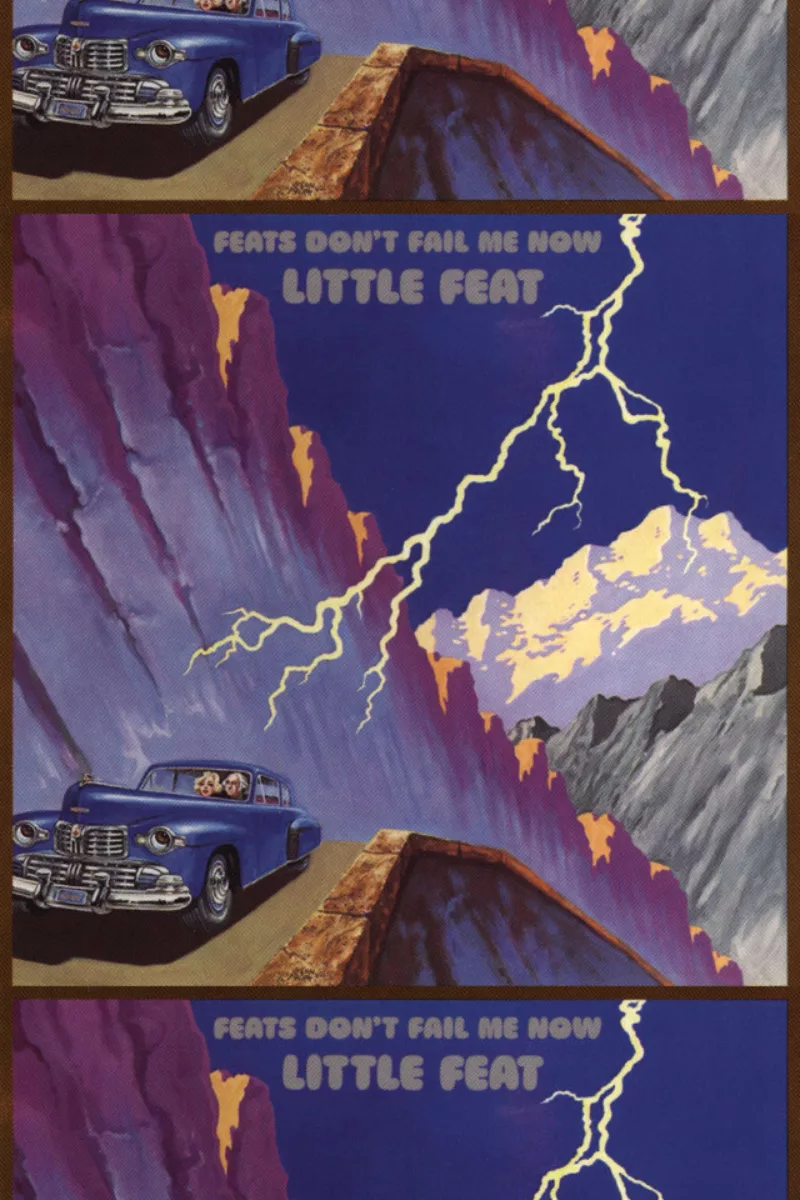The banger track "Crazy," written by Willie Nelson and famously recorded by Patsy Cline in 1961, stands as one of the most enduring and iconic tracks in the history of country music. Its haunting melody, heartfelt lyrics, and the deeply emotional delivery by Cline have cemented it as a timeless piece that continues to resonate with listeners across generations.
Willie Nelson, a struggling songwriter at the time, penned "Crazy" in 1961. Initially titled "Stupid," Nelson conceived the song as a melancholic ballad reflecting the anguish of unrequited love. Despite its simplicity, the song's structure and lyrics showcased Nelson's knack for crafting emotionally rich narratives, a talent that would later make him one of the most revered figures in country music.
Nelson, however, had little success in getting his songs noticed during this period. He was primarily known as a songwriter, and although he had written other songs for prominent artists, "Crazy" was special. The song was initially offered to country singer Billy Walker, who passed on it, considering it unsuitable for his style. It was Patsy Cline's producer, Owen Bradley, who recognized the song's potential and introduced it to Cline.
At the time "Crazy" was presented to Patsy Cline, she was already a well-known figure in country music, with hits like "Walkin' After Midnight" and "I Fall to Pieces." However, the process of recording "Crazy" was not without its challenges. Cline had recently been involved in a near-fatal car accident, which left her with broken ribs. As a result, she initially struggled to hit the high notes required for the song.
The recording session took place at Bradley’s studio in Nashville, where Cline and her team worked through the difficulties. Cline’s first attempts at recording the song were hindered by the pain from her injuries, but after resting, she returned to the studio and delivered the vocals in a single take. This take is the one that was ultimately used, and it’s a testament to Cline’s remarkable talent and resilience.
The final recording of "Crazy" became a perfect blend of Cline's emotive voice, Nelson's poignant lyrics, and Bradley's lush, orchestral production. The song’s slow tempo and jazzy, almost torch-song feel was a departure from the more traditional country sound of the time, which contributed to its unique place in music history.
"Crazy" was released in October 1961 as a single from Cline’s album Patsy Cline Showcase. It quickly became a major hit, reaching No. 2 on the Billboard Hot Country Songs chart and crossing over to the pop charts, where it peaked at No. 9. The song's success solidified Cline’s status as a crossover artist capable of appealing to both country and pop audiences.
Over the years, "Crazy" has been covered by countless artists across various genres, from Linda Ronstadt to LeAnn Rimes, each bringing their own interpretation to the classic. Despite these numerous renditions, Cline’s version remains the definitive one, often cited as one of the greatest recordings of all time.
"Crazy" has since become a staple of American music, a song that embodies the enduring appeal of classic country music. In 1997, Cline’s original recording of the song was inducted into the Grammy Hall of Fame, recognizing its historical significance and lasting influence.
Willie Nelson, reflecting on the song's success, has often remarked on how it changed the trajectory of his career, allowing him to establish himself as a successful artist in his own right. For Patsy Cline, "Crazy" became one of her signature songs, showcasing her ability to convey deep emotion and making her one of the most beloved figures in country music.
"Crazy" is more than just a song; it is a piece of music history that encapsulates the artistry of Willie Nelson and Patsy Cline. Its blend of heartfelt lyrics, haunting melody, and Cline’s powerful delivery continues to move listeners, proving that true music, no matter how many years pass, never goes out of style.
